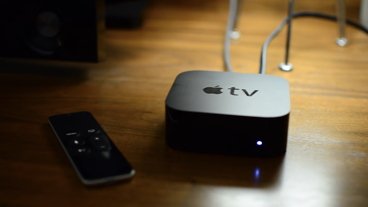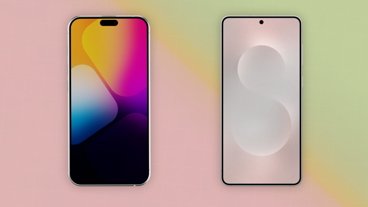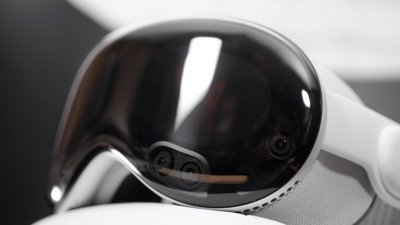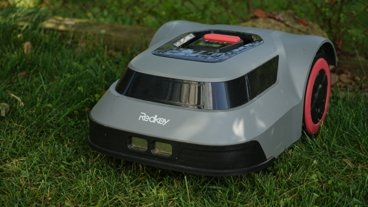Apple's macOS 26 is set to debut on June 9 at Apple's annual Worldwide Developers' Conference, but owners of older MacBook Pros and iMacs won't be able to experience the next-gen operating system.
The successor to macOS Sequoia is expected to launch alongside iOS 26, formerly referred to as iOS 19. Both operating systems are said to feature user interface changes somewhat reminiscent of visionOS, and people familiar with the matter have told AppleInsider this will indeed be the case.
However, not every Mac user will be able to enjoy the visual changes and Apple Intelligence enhancements within macOS 26, codenamed "Cheer." Individuals familiar with Apple's internal operating system variants and pre-production builds of macOS 26 suggest Apple could drop support for multiple older, Intel-based Macs.
Specifically, we were told that pre-release versions of macOS 26 are compatible with the following Mac configurations:
- MacBook Pro 2019 or later
- MacBook Air M1 or later
- iMac 2020 or later
- Mac Pro 2019 or later
- Mac mini M1 or later
- Mac Studio — All models
Notably absent from this list are the 2018 MacBook Pro models, the 2020 Intel MacBook Air, the 2017 iMac Pro, and the 2018 Mac mini. These are also the oldest machines officially compatible with macOS Sequoia. As such, they are the most likely to lose support in any case.
2019 MacBook Pro models and 2020 5K iMac models will be supported, though, based on what we were told.
The same sources have previously provided accurate details about macOS Sequoia and iOS 18, and provided us with exclusive details about Apple's BlackPearl, Greymatter, and GreyParrot projects. They were also correct about the Ajax LLM, Freeform Scenes, and Apple's Clean Up tool, among other things.
We were informed that the first developer beta of macOS 26 will likely have a file size of just over 17 GB, which is around 2 GB larger than macOS Sequoia. These observations come from individuals with knowledge about pre-release builds, though, which means that changes are always possible.
As for the operating system name, people familiar with the matter have told AppleInsider that "macOS 26" appears as the version number in some parts of the filesystem. Internal builds from May 2025, however, still used the name macOS 16 in certain areas of the operating system, possibly as a placeholder.
Whatever the version number, Apple will likely reveal its usual California place name during WWDC 2025. It is macOS Sequoia today, while macOS Redwood, Skyline, or Diablo are among the many trademarks Apple has made.
We can currently verify the existence of the macOS 26 branding independently, but it remains to be seen whether Apple will make any changes in the meantime. Apple has been known to rename OS features mid-development, so a shift back to "macOS 16" isn't entirely out of the question.
In 2024, the company rebranded Safari 18's "Web Eraser" feature to "Distraction Control," possibly due to complaints from publishing associations. The same year, an iOS 18 accessibility feature known as "Adaptive Voice Shortcuts" was renamed to "Vocal Shortcuts" during development.
Apple's next-gen operating systems will be revealed to the public during WWDC, which is set to begin with a keynote on June 9, 2025.
 Marko Zivkovic
Marko Zivkovic








-m.jpg)





 Wesley Hilliard
Wesley Hilliard

 Amber Neely
Amber Neely
 Malcolm Owen
Malcolm Owen



 Andrew Orr
Andrew Orr








18 Comments
I was going to say those Macs were too recent, but….six and seven years.
must be getting old and time is passing too quickly.
Please tell me that this isn't because Apple wants to ram (!) AI down our collective throats. Could we please just have non-AI OS support for these machines?
Apple drops support for older machines not necessarily for technical reasons, but for accounting reasons. When Apple decided to give out OS updates for free, they had to account for the future development cost of sale of the machine. This is for a pre-determined amount of time after the sale of the machine is discontinued.